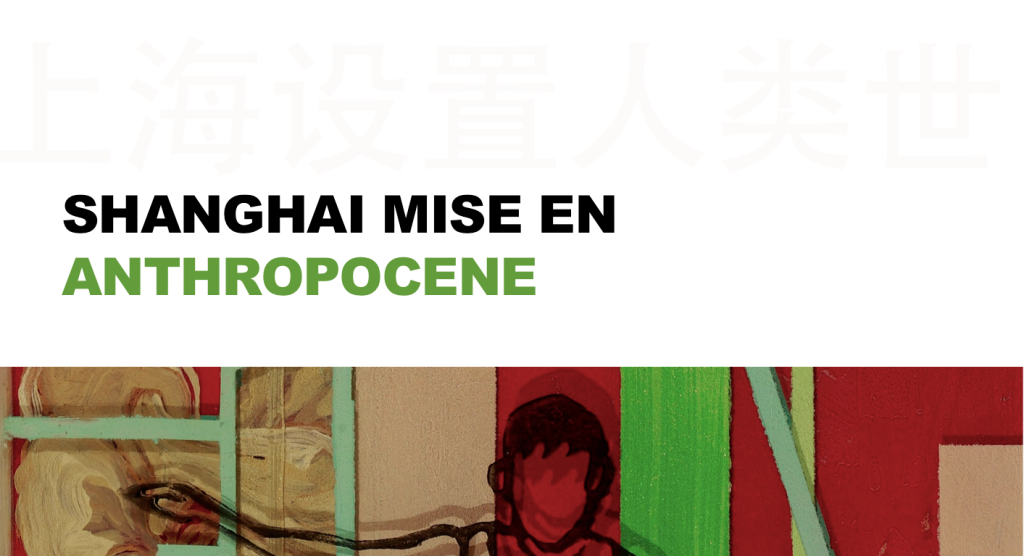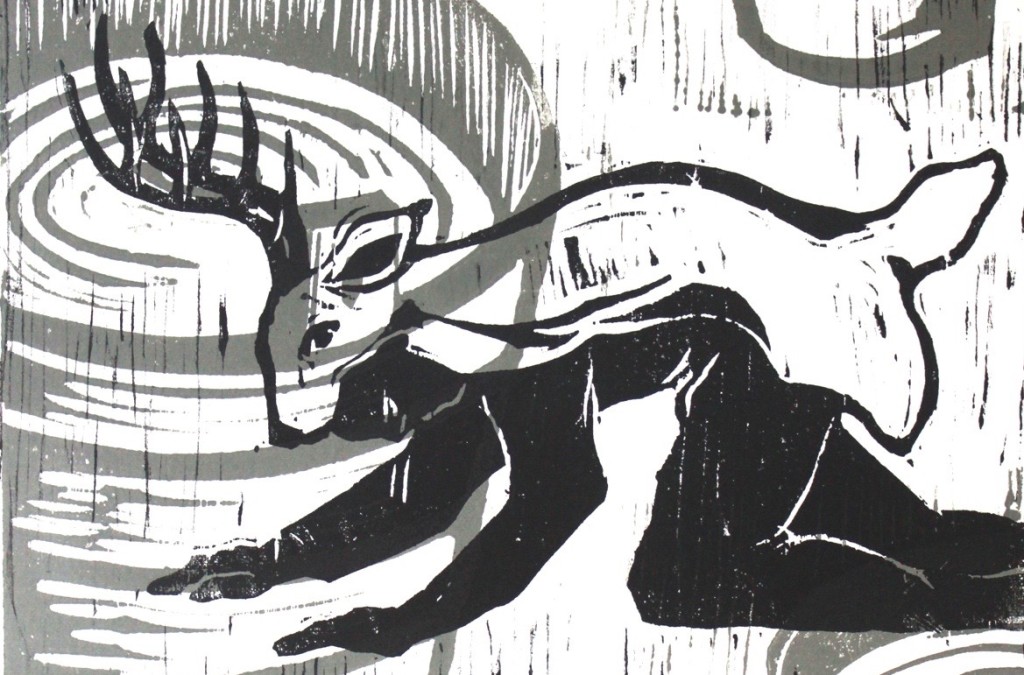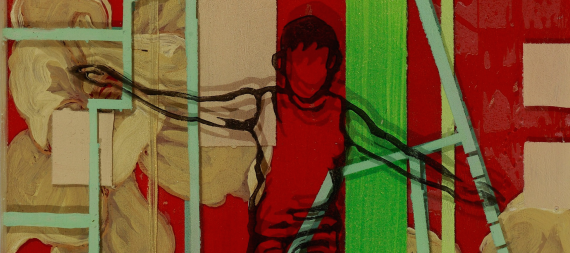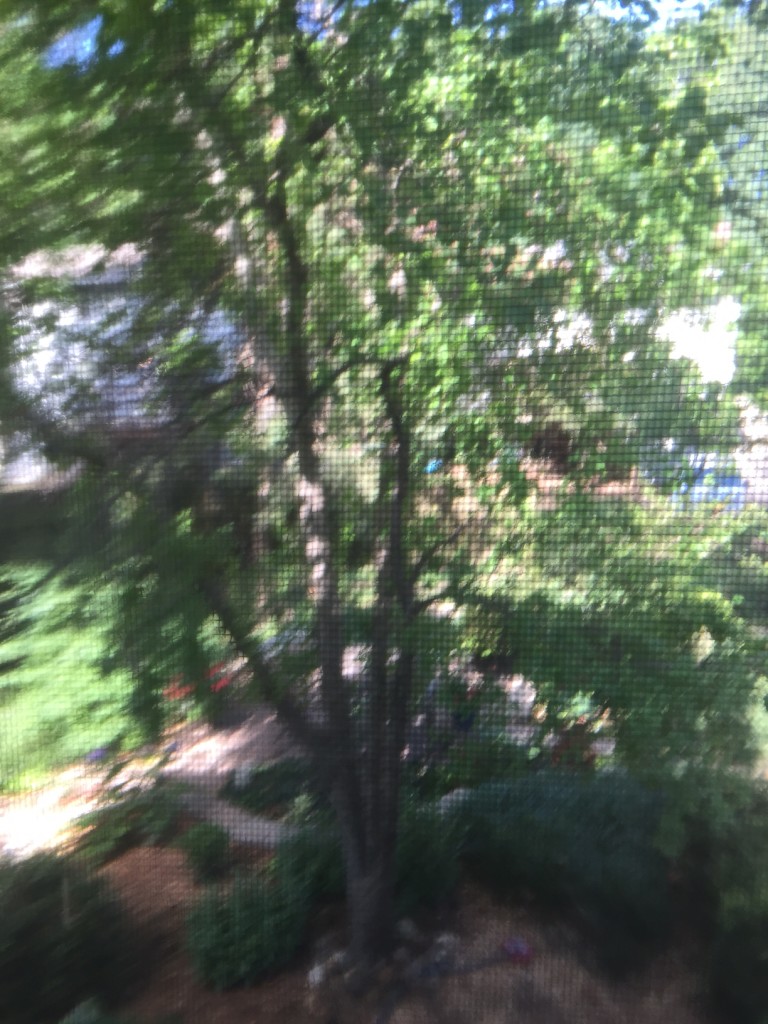no thing clever to say isn’t nothing enough to have said and been done with (Continued)
Pages
-
Recent Posts
- Hurry Up and Wait: Wang Baoju’s Hyper-Unreal Absurdist Beijing Waste Land
- philoSOPHIA Forum on Translation: Cycles of Engendered/Endangered Contemporaneity in Han Bo’s China Eastern Railway Poems
- Meditations in an Emergency: The Cosmopolitan, the Quotidian, and the Anthropocene Turn in Sun Dong’s 2020 Pandemic Poetry
- “Of Rare Compatibility”: Jen Bervin’s Silk Poems and Making Kin in the Sericene in The Journal of Foreign Languages
- Matt Turner’s translation of Lu Xun’s 野草:Weeds with woodblock prints by Monika Lin from Seaweed Salad Editions
Categories
- Articles (4)
- Blurbs (1)
- Changing Lines (1)
- Events (12)
- MyNYUSha (2)
- News* (5)
- Notes (14)
- Notional (4)
- Poems (37)
- Quotations (3)
- Realia (9)
- Reports (5)
- Reviews (9)
- Seaweed Salad Editions/French [Concession] Press (1)
- Translation (6)
- Uncategorized (3)
Tags
Ai Wei Wei Andrea Lingenfelter Anthropocene art reviews censorship chapbooks Chindex Chinese poetry conspiracies Conspiracy Queries Expat Taxes Hai An Han Bo Jen Bervin Joshua Edwards Lungfull! Lynn Xu Monika Lin music Noah Eli Gordon OV Gallery paranoia poems poetry poets police prose poems protest randian 燃点 readings Rebecca Catching Sawako Nakayasu Seaweed Salad Editions Shanghai Shanghai International Literary Festival Shanghai Metro Shanghai street fashion TOWERS translation Trump trutherism Twitter Working Titles WWII Zhai Yongming





